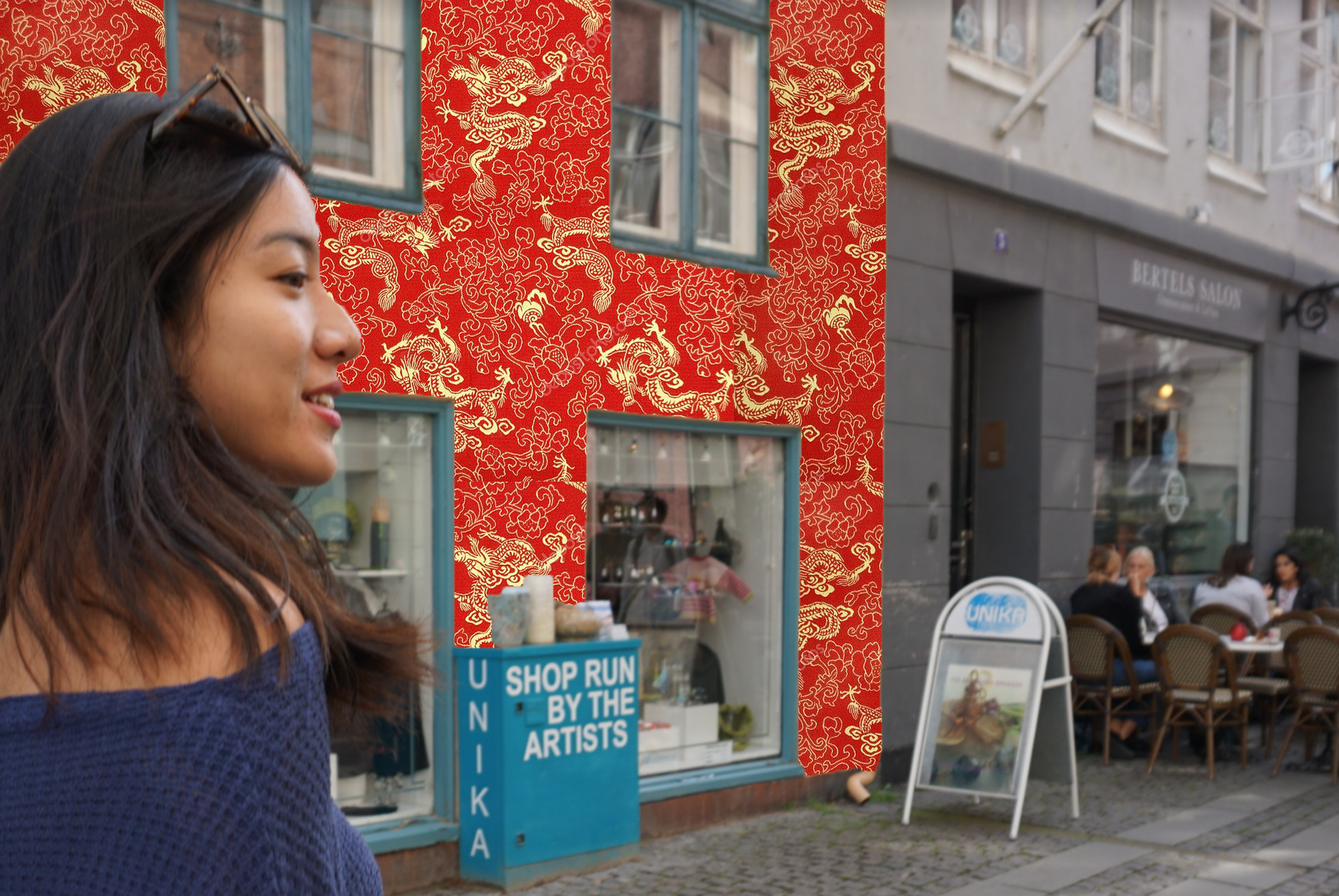Thorny as Hell: Victoria Wang
Disclaimer: The views and opinions expressed by interviewees reflect that of the individual and do not reflect that of Coven.
Coven’s rose emblem is known for its beautiful petals, but would not be its glorious self without its thorns. Our thorns protect us, ground us, and challenge us. Thorny as Hell is a campaign created to celebrate and acknowledge the petals and thorns--privileges and disadvantages--that make us the beautiful survivors and thrivers we all are.
I am from Rockford, Illinois. It’s a town that’s known for its disparities. Half the town is very poor, largely blacks and Hispanics, and the other suburban part of town is upper-middle class and really white. I lived on the West side, which was the more affluent side, and I went to school on the East side, which had more poor communities.
In my high school, a portion of the students were in a gifted program. My friends and I in the gifted experience drove 25 minutes to school every day from the other side of town, and that made for a really self-segregated high school experience. I saw on a daily basis both very affluent students and poor students.
There was a very small Asian population in my town. I didn’t really have an Asian community or Asian friends. My friends were basically all-white. I didn’t have any peers that looked like me. I didn’t really acknowledge the fact that I was Asian; I just pretended that I wasn’t.
At home it’s interesting because my parents speak Chinese to me, but I respond in English. My parents are distinctly Chinese. They have accents, they have Chinese decorations at home. But they were forced to assimilate into the White American image. My dad is obsessed with golf now; my mom goes shopping with her White friends. So I felt the pressure to assimilate as well. Obviously it was harder for them because I was born in America and they came here when they were adults. You have to assimilate; no one is going to pick up more Chinese for you.
There definitely was cognitive dissonance; I just actively denied it. Now I realize that you can’t just ignore your heritage and being different is something to be proud of. But in high school I was just like, if you don’t acknowledge it maybe no one would notice.
Before high school, I never really thought about race relations. I knew racism existed, but I realized later how it’s fucked that for all these black and Hispanic students [I went to school with], college is not on their radar, finishing high school is not on their radar. They are continuing this cycle of poverty because there is no way out; they have to work because their parents are starting to depend on them.
I definitely feel privileged. Privilege is one of the main ways people perceive me, and that is not a wrong perspective. I had an internship in a nonprofit, and in that setting I felt so privileged. We were helping disadvantaged people, and we were all volunteering. We all had no income, but my parents gave me income. I was almost embarrassed by my privilege. I go to Duke, I have a car, I am able to fly home. In all these ways, I kind of have trouble reconciling my passion for social justice and my privilege.
In college I connected with being a woman. I felt more feminine than ever. Maybe because I felt more victim to sexism than ever. And when I started to identity as a feminist, I realized that so many people hate feminism. But I think it’s easier for people to say that they hate feminists than to say that they hate women.
I’m planning to go to law school. I would like to be a human rights lawyer. Law is my calling. I want to become an actor in these power structures that oppress so many, instead of a passive recipient. That would be my way of using my privilege, as you need to have a certain level of privilege to go to law school, to do what I want to do.
🌹🥀 🌹
Victoria’s story reminds us that privilege and disadvantage can be two sides of the same coin. As a result of both hard work and good fortune, many Chinese Americans enjoy economic and professional advantages that exceed the American norm. Nevertheless, Victoria echoes the experience of countless Asian Americans- in a culture of assimilation and unequal representation, it can be difficult to connect, let alone celebrate, one’s minority identity.
By harnessing the simultaneous privileges and disadvantages of her identity as a middle-upper class Chinese woman, Victoria seeks to make the world a more equitable place for all identities. Victoria is another emblem proving that the future is indeed female.
Interview by Rose Wong
Special thanks to our writing witch, Victoria Wang
Graphic header template by Priyanka Purohit




